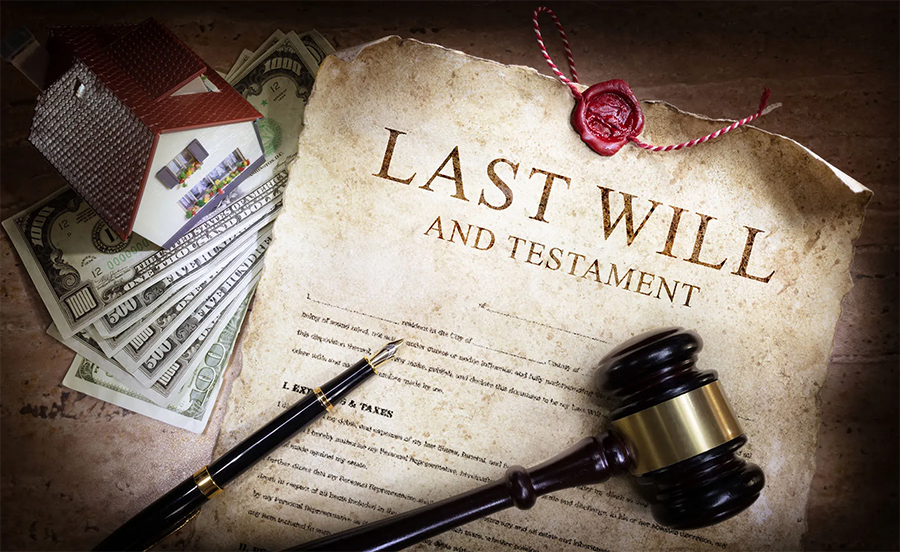Last Will & Testament
The Last Will & Testament (“Will”) is the backbone of every effective estate plan.
- A Will forms the foundation of an estate plan and is the key instrument used to ensure that the estate is settled in the manner desired by the deceased. While there is more to an estate plan than just the Will, it is the presiding document the probate court uses to guide the process of settling an estate.
A Will is a legal document that communicates the following:
- The individuals to receive the decedent’s possessions, called Beneficiaries.
- The individuals who will have custody of the decedent’s dependents, called Guardians.
- The individual to be responsible for administering the estate, called the Executor, who must act in the best interests of the estate and the beneficiaries.
If you die without leaving a Will, called dying “intestate”, your estate is settled by the courts, including the distribution of all assets. And if parents with minor children (under the age of 18) die intestate, the courts will appoint a guardian for them.
- A properly drafted Will ensures that you maintain control over what happens to your assets after your death and allows you- and not the courts- to determine who should have custody of your minor children after your death.
Now that you know about the essential role Wills play in estate planning, kindly visit our website at www.EvanBenjaminLawyer.com to schedule an initial, no-cost consultation.

